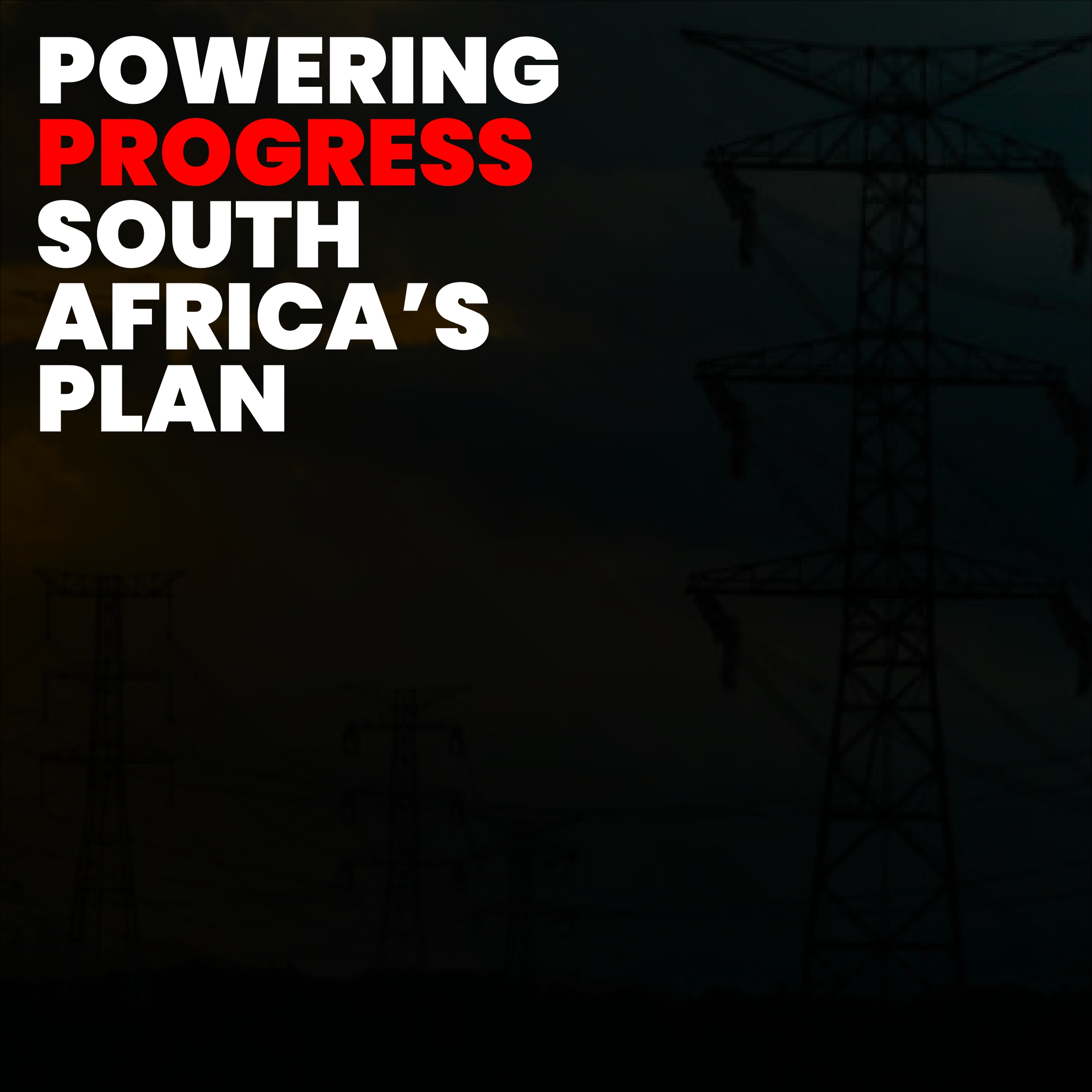
Introduction
Air Travel Disruptions are once again taking center stage across Africa, affecting passengers, airlines, and regional tourism. The recent surge in flight cancellations and delays has exposed the fragile state of air connectivity on the continent. Airlines such as Air Burkina, Air Côte d’Ivoire, and others have halted or rescheduled dozens of flights, causing a ripple effect from Johannesburg to Abidjan.
These disruptions not only inconvenience travelers but also reveal deeper structural issues—ranging from maintenance challenges to rising fuel costs and crew shortages. Understanding what drives these disruptions is key to finding sustainable solutions and restoring passenger trust in African aviation.
Air Travel Disruptions and Their Broader Economic Impact
The economic consequences of air travel disruptions go far beyond passenger inconvenience. When airlines cancel flights, entire supply chains suffer. Hotels lose bookings, airports face revenue drops, and tourism boards miss crucial opportunities for growth.
For South Africa, Ghana, and Côte d’Ivoire, where tourism plays a major role in GDP, consistent disruptions threaten long-term competitiveness. Each canceled flight means reduced trade and tourism inflows, creating a domino effect on local economies. Addressing the root causes of these issues is not just about travel—it’s about national economic resilience.
Air Travel Disruptions Linked to Operational Challenges
At the heart of many air travel disruptions are operational inefficiencies. Airlines across Africa are grappling with aging fleets, limited spare parts, and technical shortages. When a single aircraft requires maintenance, it can ground multiple routes.
Moreover, crew scheduling complications and regulatory delays worsen the situation. In countries where aviation infrastructure is still developing, the margin for error is slim. Operational preparedness, therefore, becomes crucial to avoiding prolonged cancellations and ensuring steady regional connectivity.
Air Travel Disruptions and Passenger Frustrations
Passengers remain the most visible victims of air travel disruptions. Long queues, missed connections, and inadequate communication from airlines have led to mounting frustration. For travelers connecting through hubs like Addis Ababa or Johannesburg, a single delay can derail entire itineraries.
The lack of passenger rights enforcement further compounds the issue. Unlike Europe’s strict compensation rules, many African countries lack standardized protections. This gap erodes consumer trust, discouraging frequent flyers from relying on regional carriers.
How Airlines Are Responding to Air Travel Disruptions
Airlines are beginning to implement strategic responses to minimize the frequency and impact of disruptions. Some have invested in predictive maintenance technologies, while others have upgraded scheduling systems to better anticipate bottlenecks.
Air Côte d’Ivoire, for instance, has announced a partnership with aviation tech firms to enhance fleet management. Meanwhile, regional cooperation between airlines could reduce duplication of routes and improve overall capacity utilization. Collaboration, rather than competition, may hold the key to greater reliability.
Government and Regulatory Role in Air Travel Disruptions
Governments across Africa play a crucial role in managing air travel disruptions. Aviation authorities must enforce higher safety and maintenance standards while streamlining administrative procedures. Excessive bureaucracy often delays the approval of flight schedules, licenses, and crew certifications.
The African Union’s Single African Air Transport Market (SAATM) initiative, once fully implemented, could help reduce inefficiencies by harmonizing regulations and fostering greater connectivity. However, without stronger political will and investment in airport infrastructure, progress may remain slow.
Passenger-Centric Solutions to Air Travel Disruptions
A growing number of airlines are adopting passenger-first strategies to mitigate dissatisfaction. From automated alerts about delays to improved rebooking systems, technology is reshaping customer care.
Mobile apps now allow travelers to track real-time flight updates and receive instant compensation options. By prioritizing transparency and proactive communication, airlines can turn disruptions into opportunities for service improvement and brand loyalty.
The Future of African Aviation Amid Air Travel Disruptions
Despite current challenges, the long-term outlook for African aviation remains optimistic. With a rapidly expanding middle class and increasing demand for regional travel, airlines have strong incentives to enhance performance.
Investments in new airports, digital systems, and fuel-efficient aircraft will gradually reduce the likelihood of major disruptions. If the industry focuses on innovation and collaboration, Africa’s skies could become more reliable and better connected than ever before.
FAQs
Q1: What are the main causes of Air Travel Disruptions in Africa?
Operational inefficiencies, maintenance issues, and regulatory delays are the leading causes of Air Travel Disruptions across the continent.
Q2: How do Air Travel Disruptions affect passengers?
They cause missed flights, long delays, and added costs while reducing confidence in regional airlines.
Q3: What can be done to reduce Air Travel Disruptions?
Improved coordination between airlines, better maintenance planning, and digital systems can significantly minimize disruptions.
Conclusion
Air Travel Disruptions remain one of Africa’s biggest aviation challenges, affecting passengers and economies alike. Yet, with coordinated reforms, technological investments, and transparent communication, the tide can turn. As airlines and governments align their strategies, the continent’s skies can become more reliable—restoring trust and connectivity for millions of travelers.


